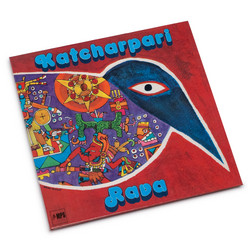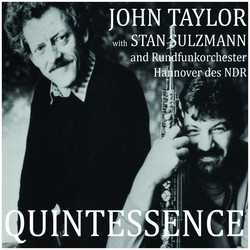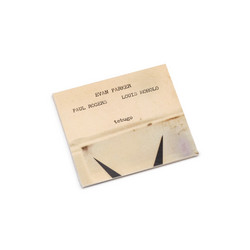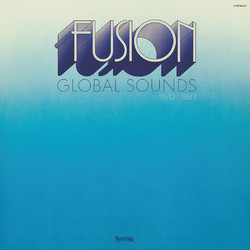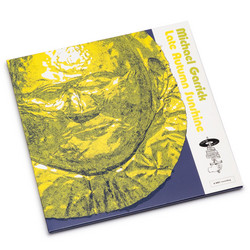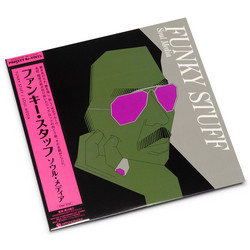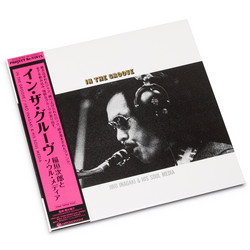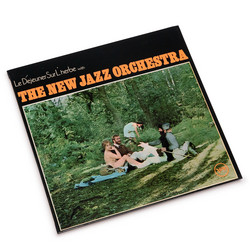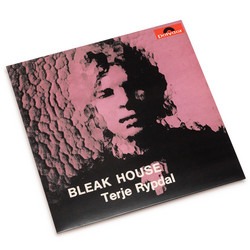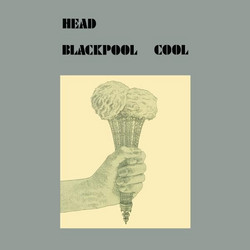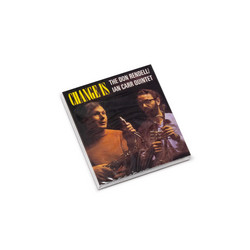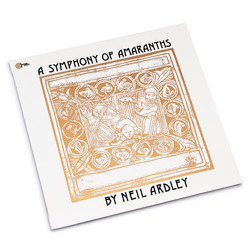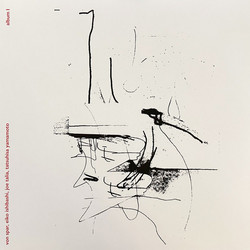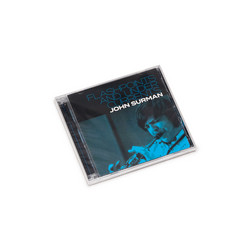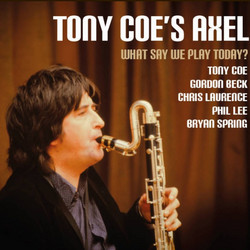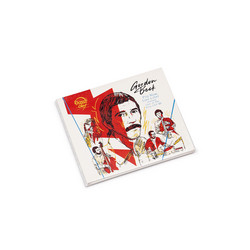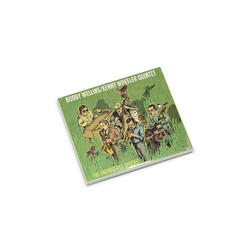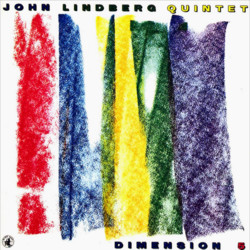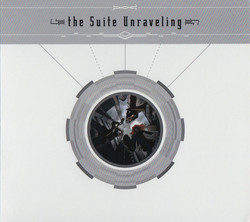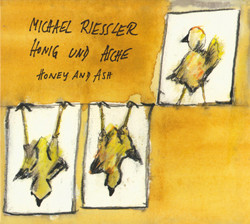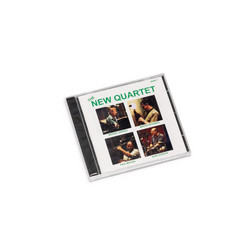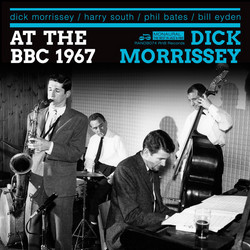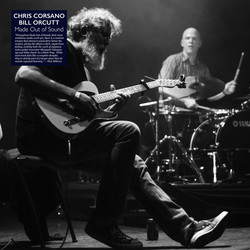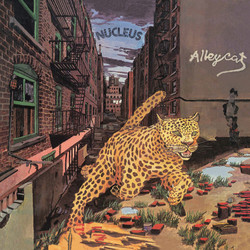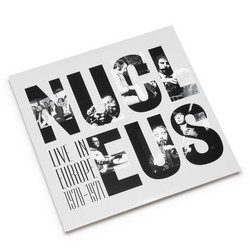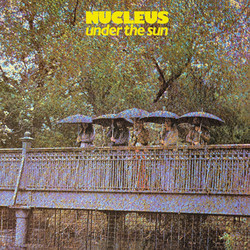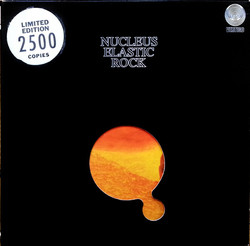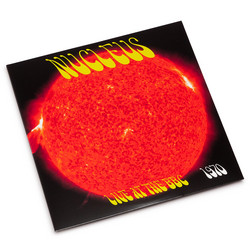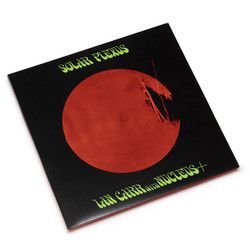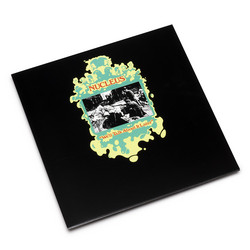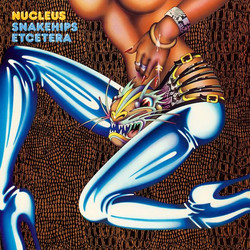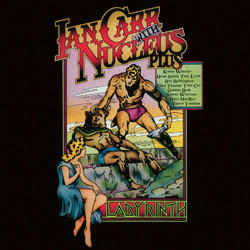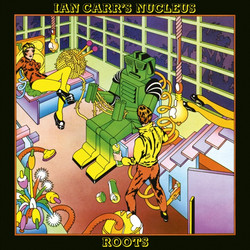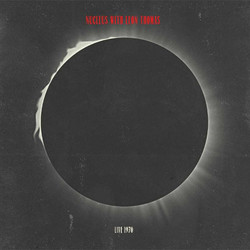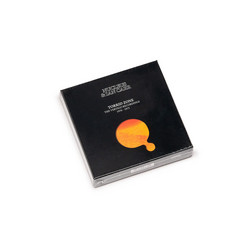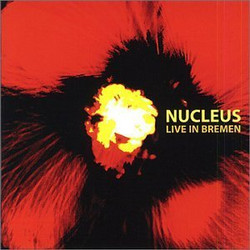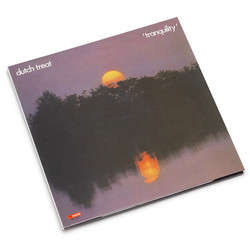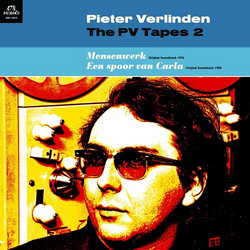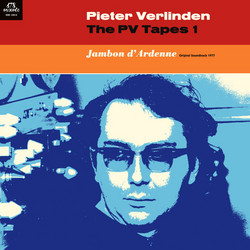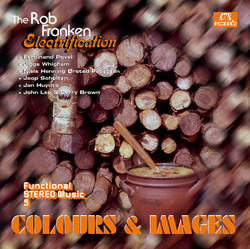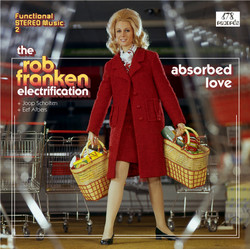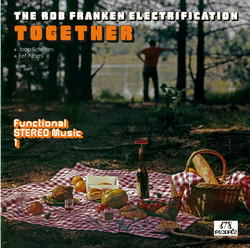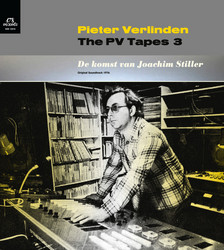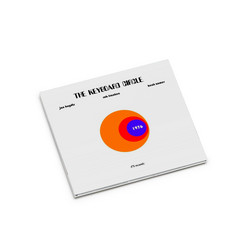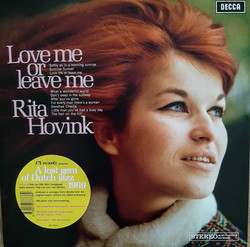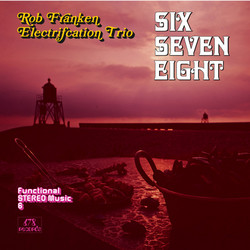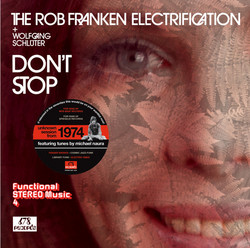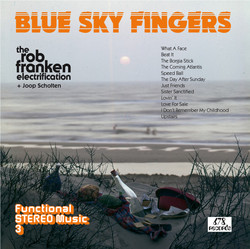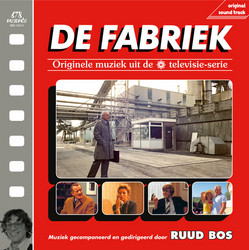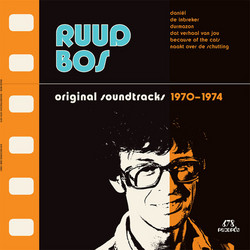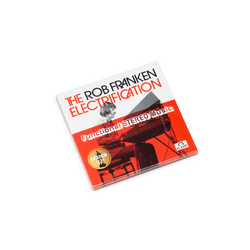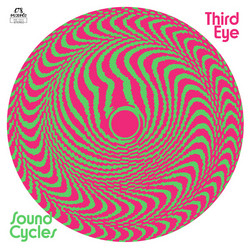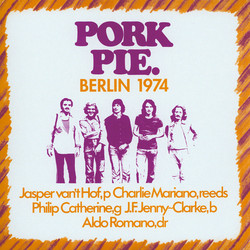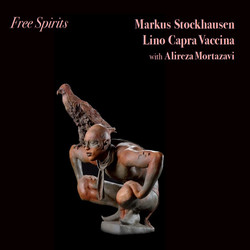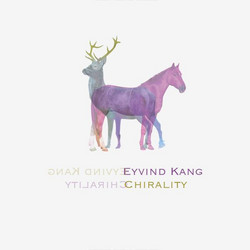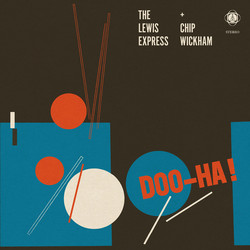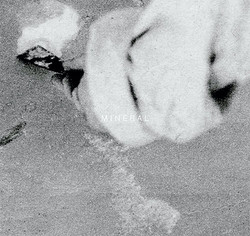1
2
3
4
File under: UK jazz scene of the 60s/70sJazz-Rock
678 Records presents Exit 1971 by Ian Carr's Nucleus. Recorded on friday june 11 1971 in a small club called the Exit in Rotterdam The Netherlands. Amazing and unknown performance from legendary UK jazz prog fusion rockers Nucleus led by trumpet player Ian Carr. A rare set as regular guitarist Chris Spedding who was absent for unknow reasons was not replaced by another guitarist (often Ray Russell) but by a second keyboard player: Hywel Thomas.
Ian carr -Trumpet
Brian Smith - tenor sax. soprano sax & Flute
Karl Jenkins - Oboe & Electric Piano
Hywel Thomas - Electric Piano
Roy Babbington - Bass
John Marshall - Drums
Vic Higgins - Percussion
Details
File under: UK jazz scene of the 60s/70sJazz-Rock
Cat. number: SSE-12011
Year: 2020
Notes:
recorded live at Exit, Rotterdam, Friday June 11, 1971, 9 pm
recorded by Jim Rip for VPRO radio
licensed courtesy of VPRO and with the kind permission of Ian Carr’s estate
edited & mastered by Marc Broer at Live Concert Recording, Monnickendam
release initiated by P-Dog & Zembie and produced by Frank Jochemsen (Gallio Producties) & Sander Huibers for 678 Records
cover designed by Piet Schreuders
Thanks:
Bart Baas (VPRO)
Selina Carr & Sandra Carr Cleland (Ian Carr Trust)
Roy Babbington
Karl Jenkins
John Marshall
Scottish Trumpet Player Ian Carr had already made quite a name for himself in the British jazz scene with the Don Rendell-Ian Carr Quintet when he decided to leave the sound of the sixties jazz behind and move on. Sucked into the progressive spirit of the times, Nucleus was founded.
The band of which Ian Carr was the only core member until the end had a permanent line-up in their early days with Karl Jenkins on keyboards, John Marshall on drums, Chris Spedding on guitar and Brian Smith on tenor, soprano sax and flute. With this line-up the band made a huge impression live, especially on the European mainland where they performed regularly in the early seventies. In 1970, they started recording albums for the impressive Vertigo label and they won a prestigious best group award at the Montreux jazz festival. In those days the group described theirselves as a "total musical experience".
In June 1971 Nucleus embarked on a small tour through Holland and performed in several youth centres including the Electric Centre in Haarlem and De Toverbal in Maassluis. They also shared a stage with the group Centipede (containing more than 50 musicians!) for a special concert in the Rotterdam concert hall De Doelen, together with musicians from the notorious Soft Machine and King Crimson.
This live recording was made by the progressive VPRO radio on the day before; June 11, 1971 in Rotterdam, Holland.
The location, youth centre Exit, was not regarded as a traditional venue on the circuit at that time; a venue that attracted the kind of audience that appreciated certain mind-expanding hallucinogens.
In later years it would become famous under the name Eksit because of early concerts by the Simple Minds, Tom Waits, The Cramps, The Sex Pistols and The Police.
Ian Carr’s Nucleus was in a transitional line-up in June 1971. In September 1970 they had recorded the album We'll Talk About It Later and in December 1970 Solar Plexus which would both be released in 1971. At the Exit concert, Karl Jenkins (who wrote a lot of pieces for the band's first two albums) rested from the original line up. Next to him we hear original band members Brian Smith & John Marshall, who would both leave Nucleus some months later and would end up in Soft Machine in 1972, together with bass player Roy Babbington. It is quite unusual that Chris Spedding didn't feature in Rotterdam and that he was not replaced by another guitarist (eg Ray Russell) but by a second keyboard player: Hywel Thomas. Why Spedding was replaced by Thomas is unclear, but the fact remains that there were two electric pianos on stage that evening, and that makes these recordings very special. What is also unique is the rare perfomance of percussionist Vic Higgins, who was the first drummer of Nucleus when the band was founded in 1969.
Ian Carr released his next album Belladonna in 1972, but it would last until 1973 before the next Nucleus album would be released. The Karl Jenkins pieces played by the band this particular night in Rotterdam were mostly from their new album We'll Talk About It Later and its predecessor Elastic Rock. What is especially mind blowing is the almost 14 minute live performance of Ian Carr's Snakehips' Dream from the then unreleased album Solar Plexus, which is considered as something of a musical blueprint for future Nucleus releases. They hold the pieces together with the improvised four chord blues we named Exit Interlude. These conceptual, totally musical genre-crossing sounds make this Nucleus performance a real trip. Indeed, a "total musical experience".
